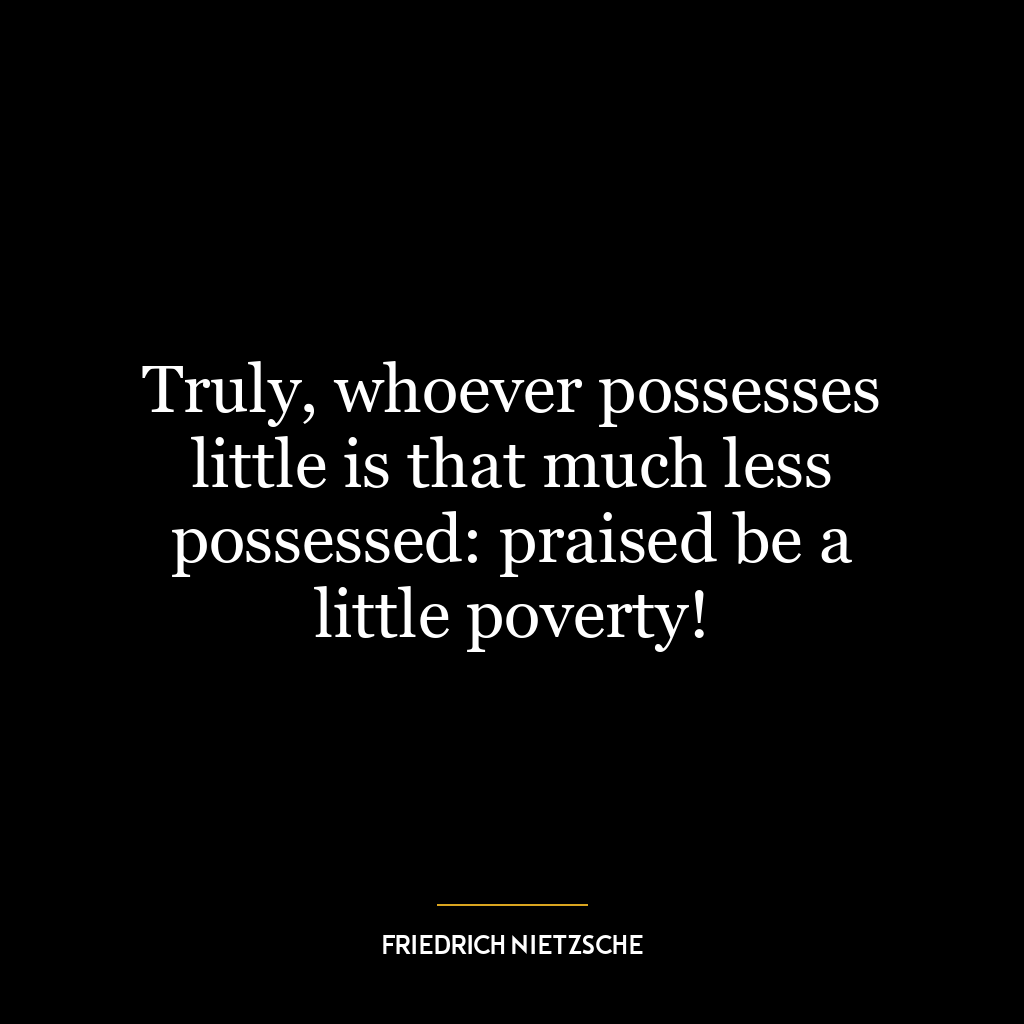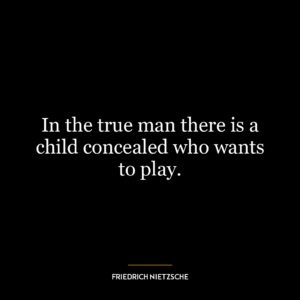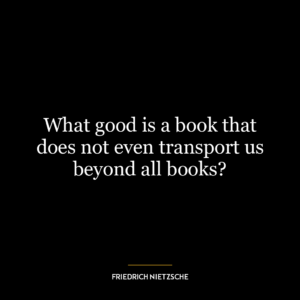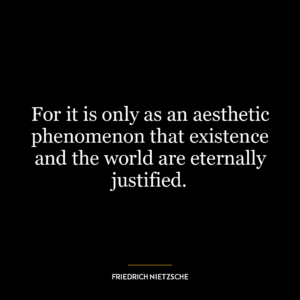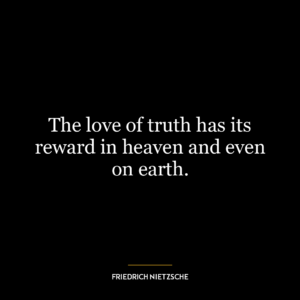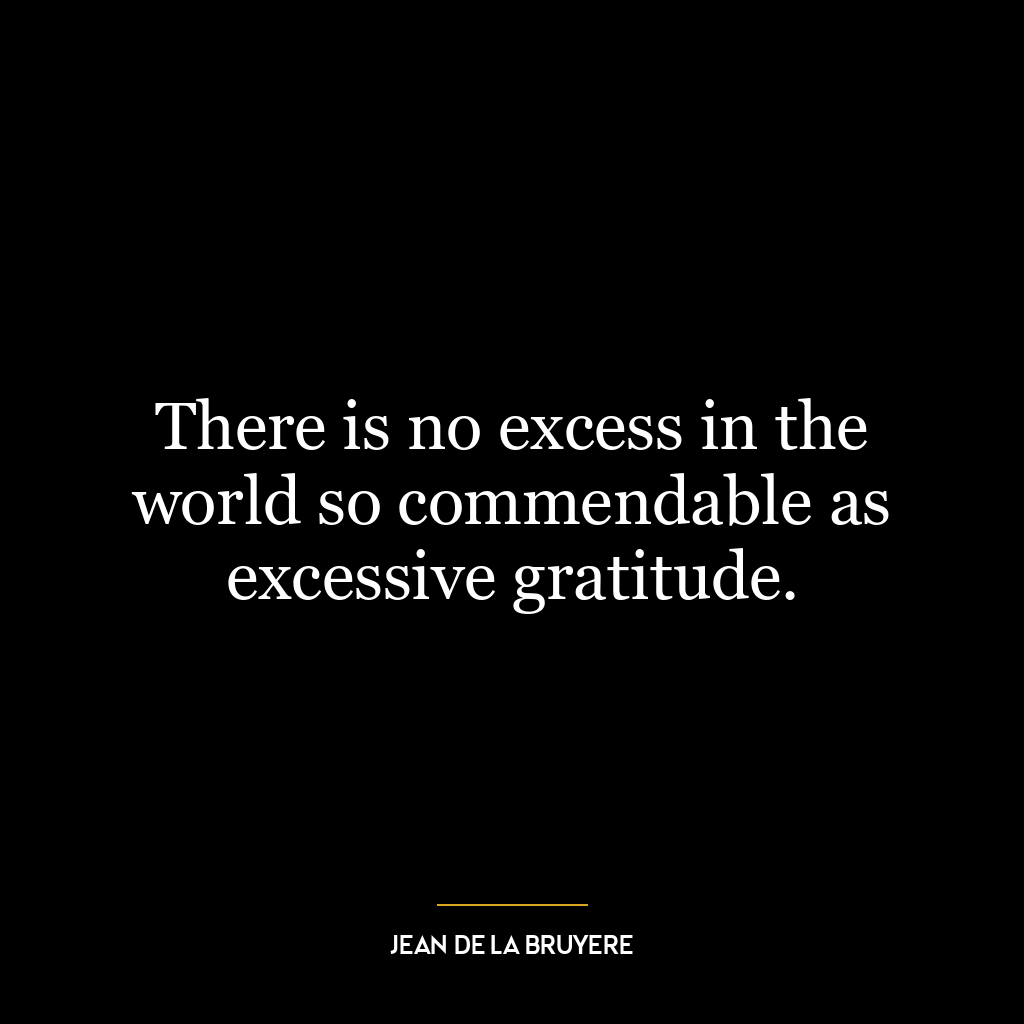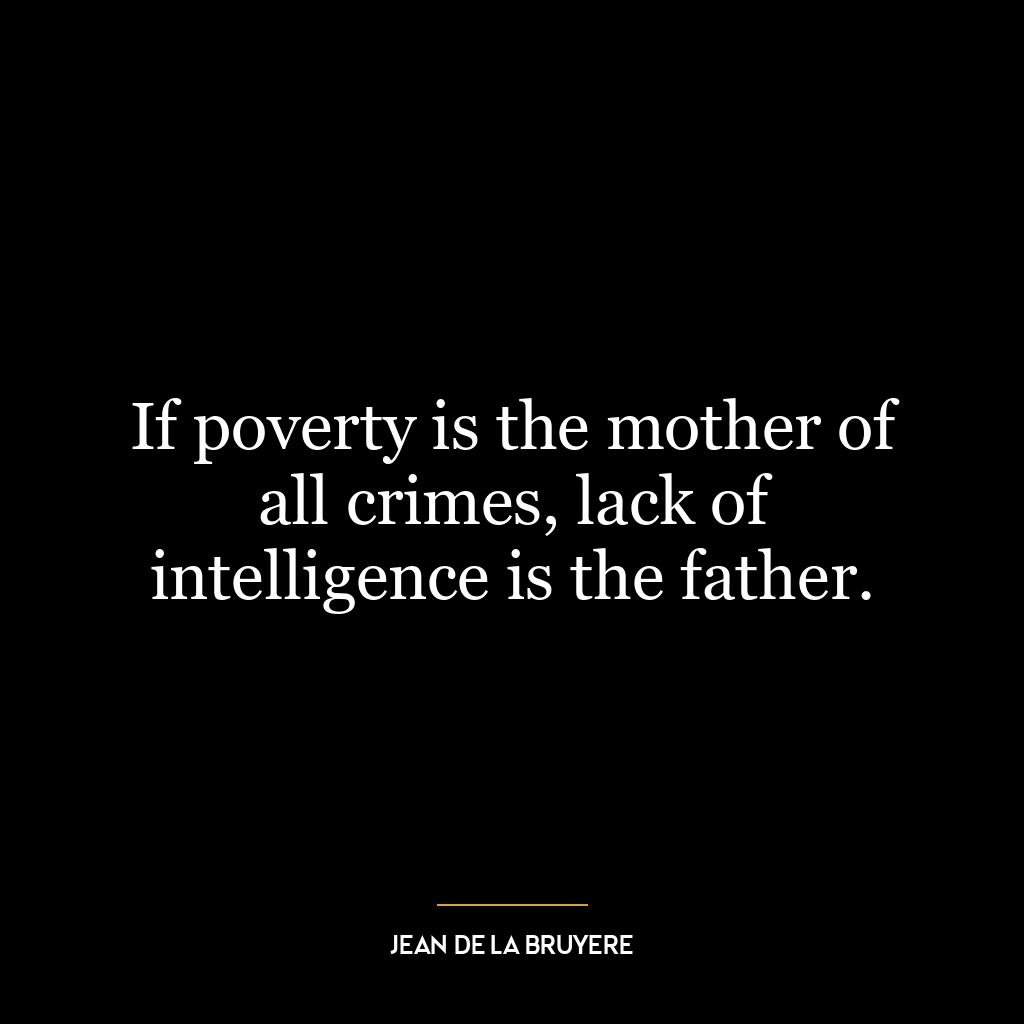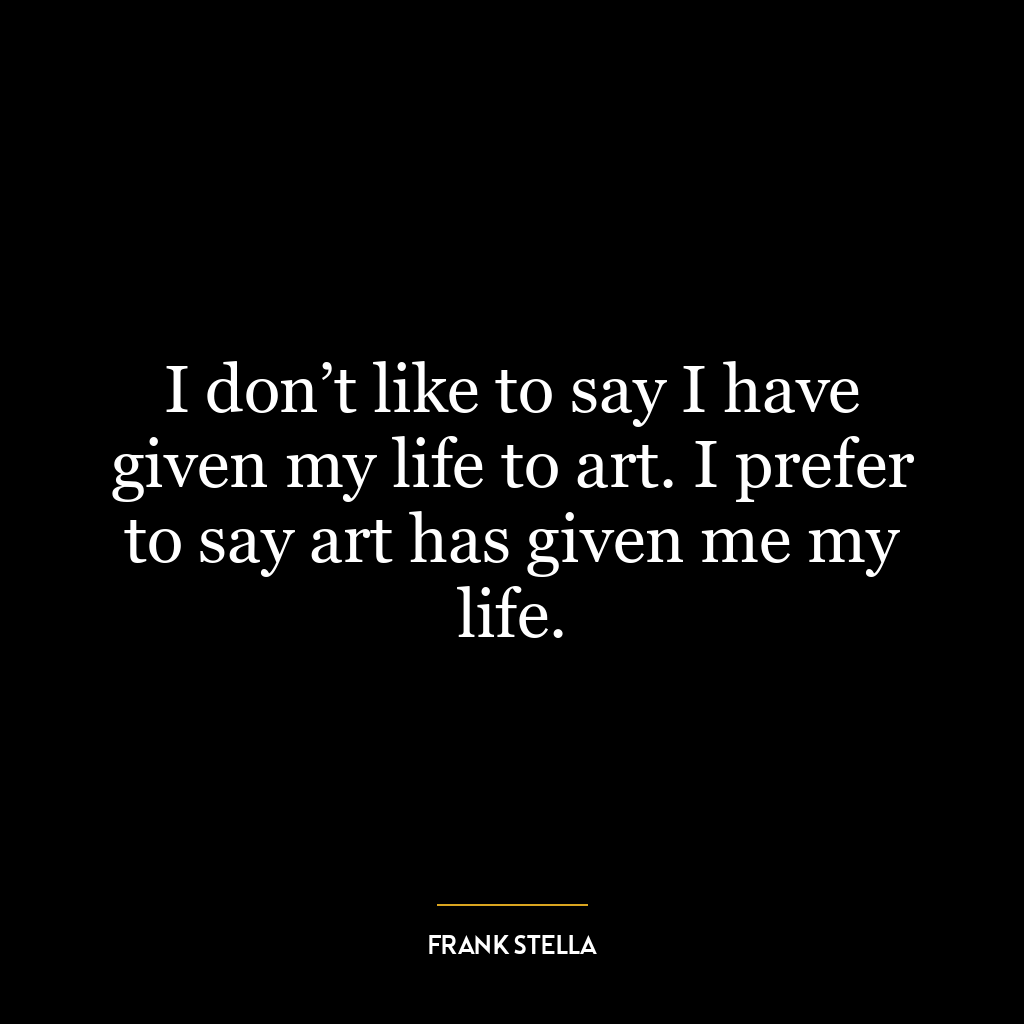Truly, whoever possesses little is that much less possessed: praised be a little poverty!
This quote is a reflection on the concept of possession and the paradoxical relationship between ownership and freedom. It implies that the more we own, the more we are owned by our possessions. The possessions here can be understood not just as material goods, but also as desires, ambitions, relationships, or even knowledge.
When Nietzsche says, “whoever possesses little is that much less possessed,” he is suggesting that when we have fewer possessions, we have less to worry about, less to maintain, and less to lose. This allows us more freedom and mobility. We are not tied down or burdened by our possessions. We are not constantly preoccupied with the fear of losing them or the anxiety of protecting them.
“Praised be a little poverty!” is a call to appreciate simplicity and minimalism. It is a critique of materialistic culture and consumerism. It is a reminder that wealth and possessions do not necessarily bring happiness or freedom, but often the opposite.
In today’s world, this idea is more relevant than ever. We live in a society that constantly encourages us to buy more, own more, and achieve more. But this constant pursuit of more often leads to stress, dissatisfaction, and a sense of emptiness. It distracts us from the things that truly matter in life, like meaningful relationships, personal growth, and inner peace.
In terms of personal development, this quote can serve as a reminder to focus less on external achievements and more on internal growth. It encourages us to let go of the desire for more and appreciate what we already have. It invites us to practice gratitude, contentment, and simplicity. It suggests that the path to true happiness and freedom might not lie in acquiring more, but in desiring less.

